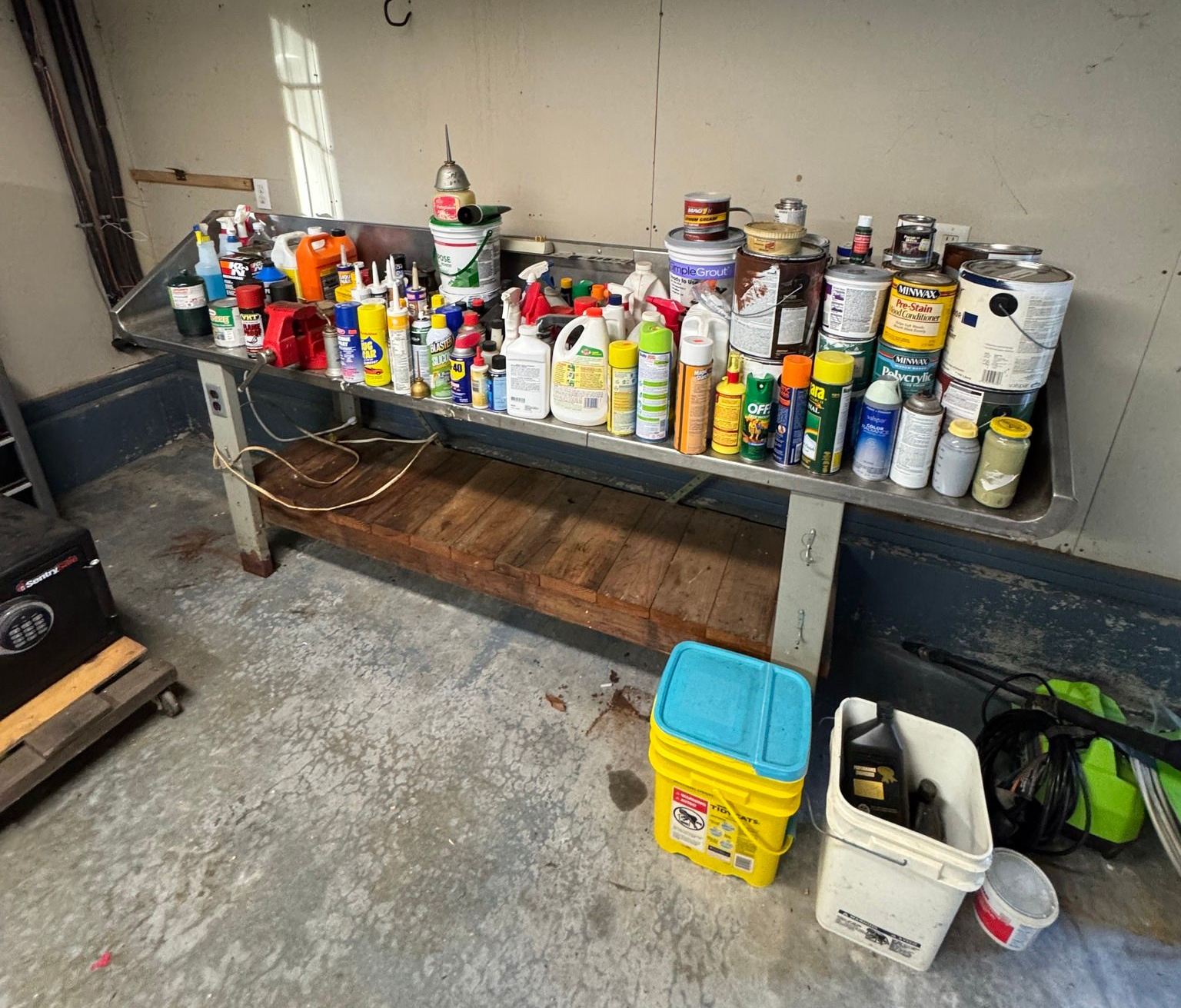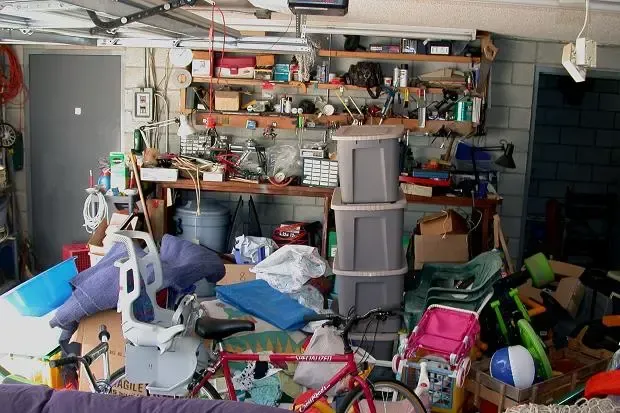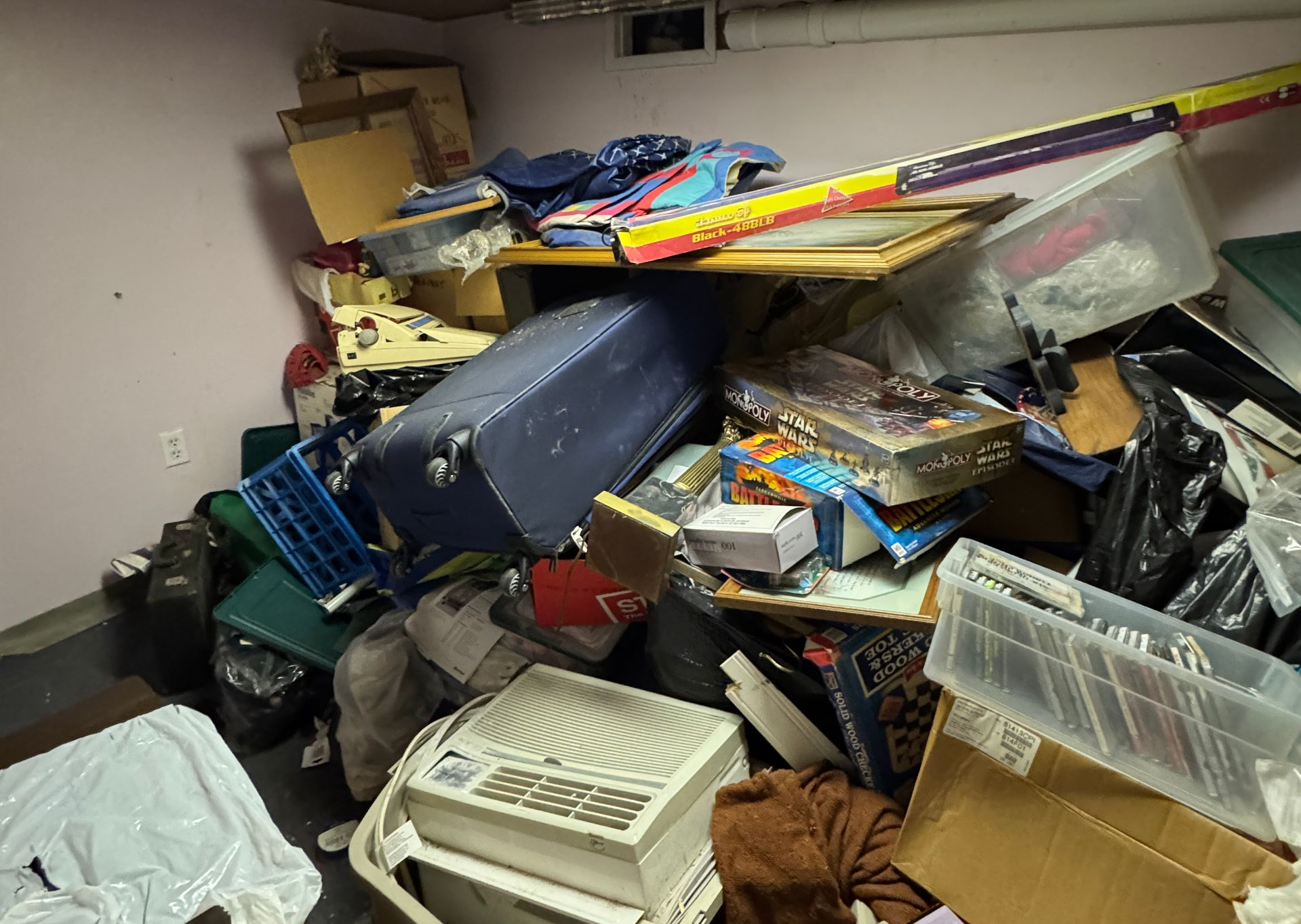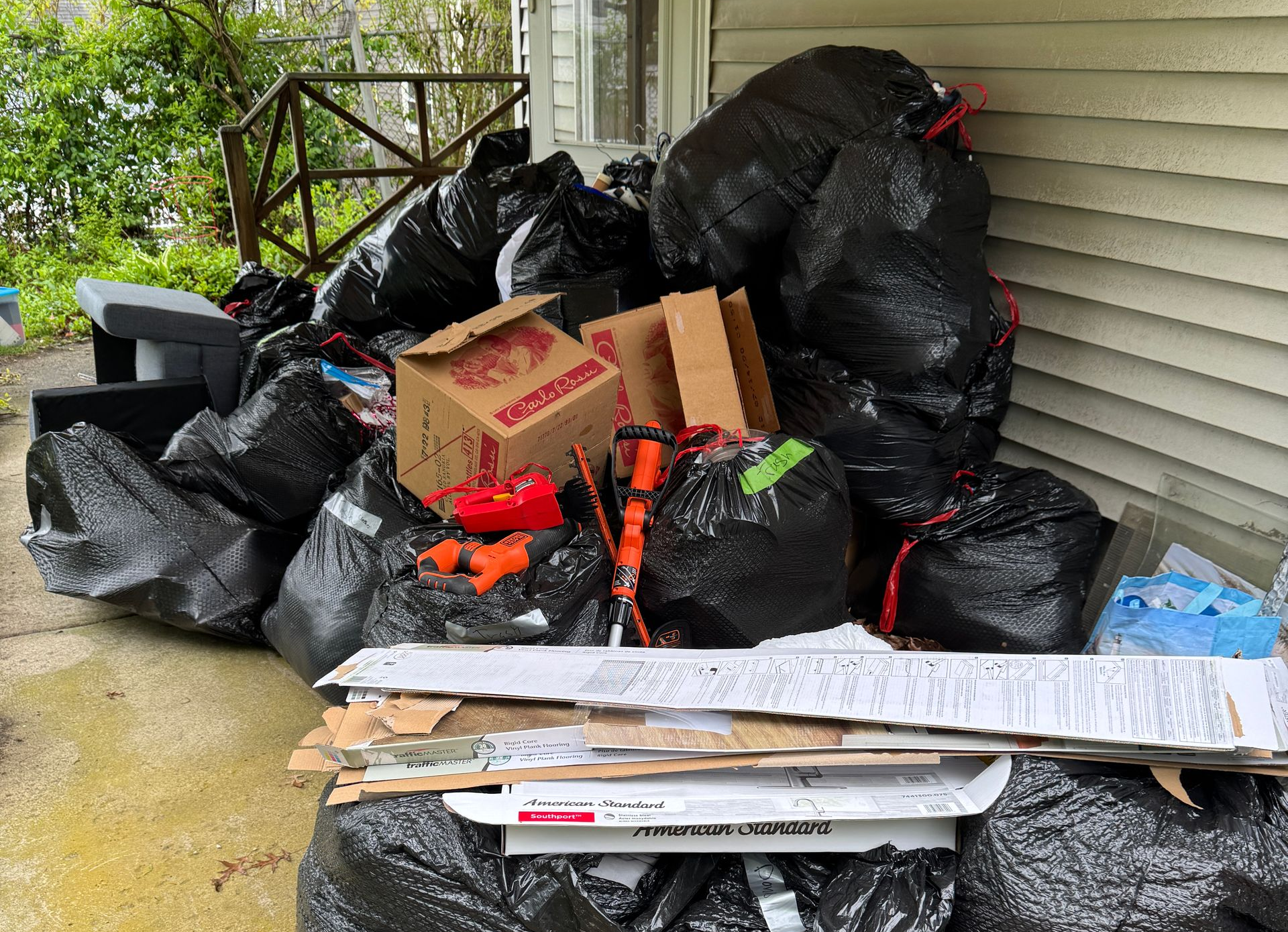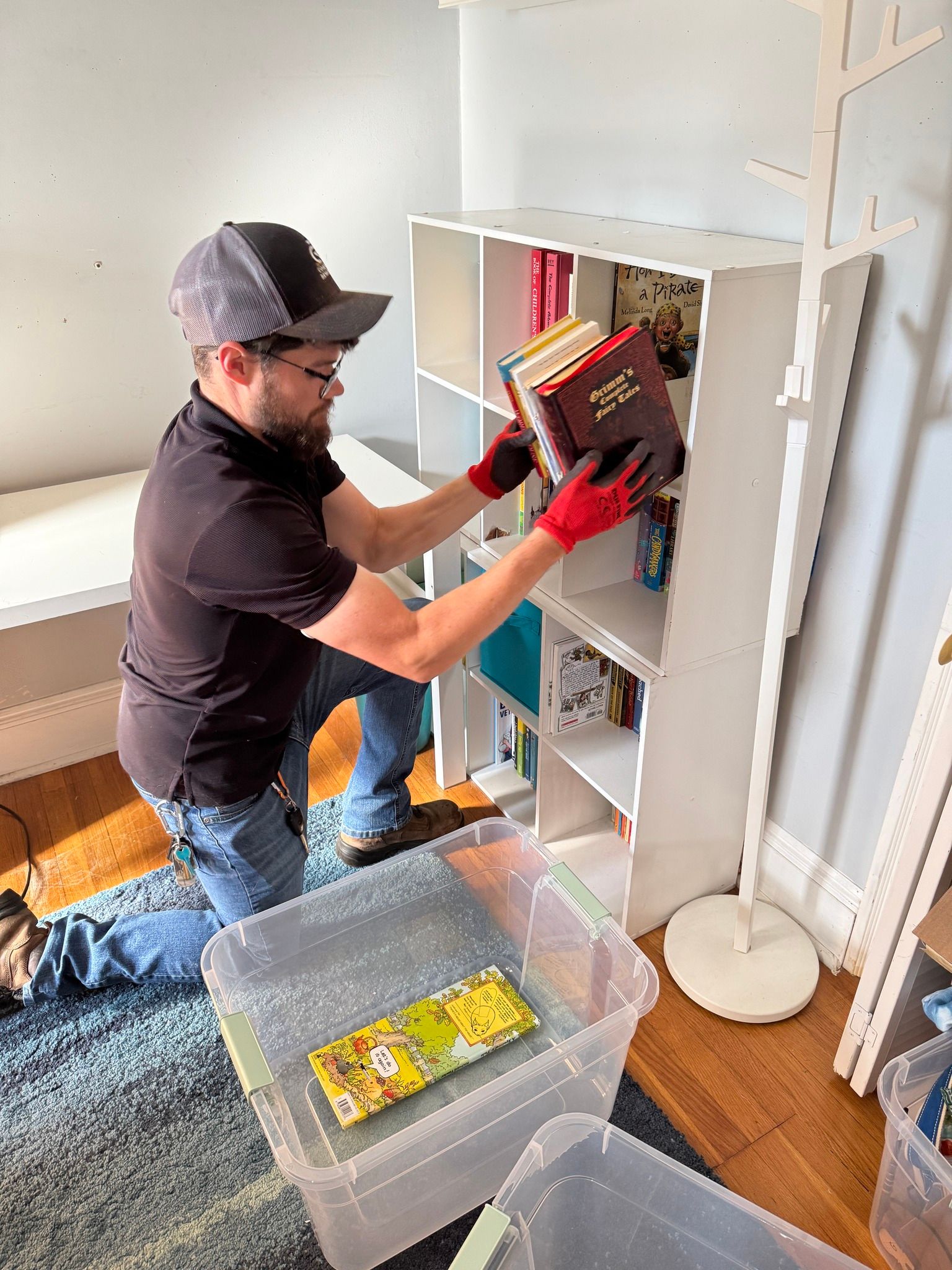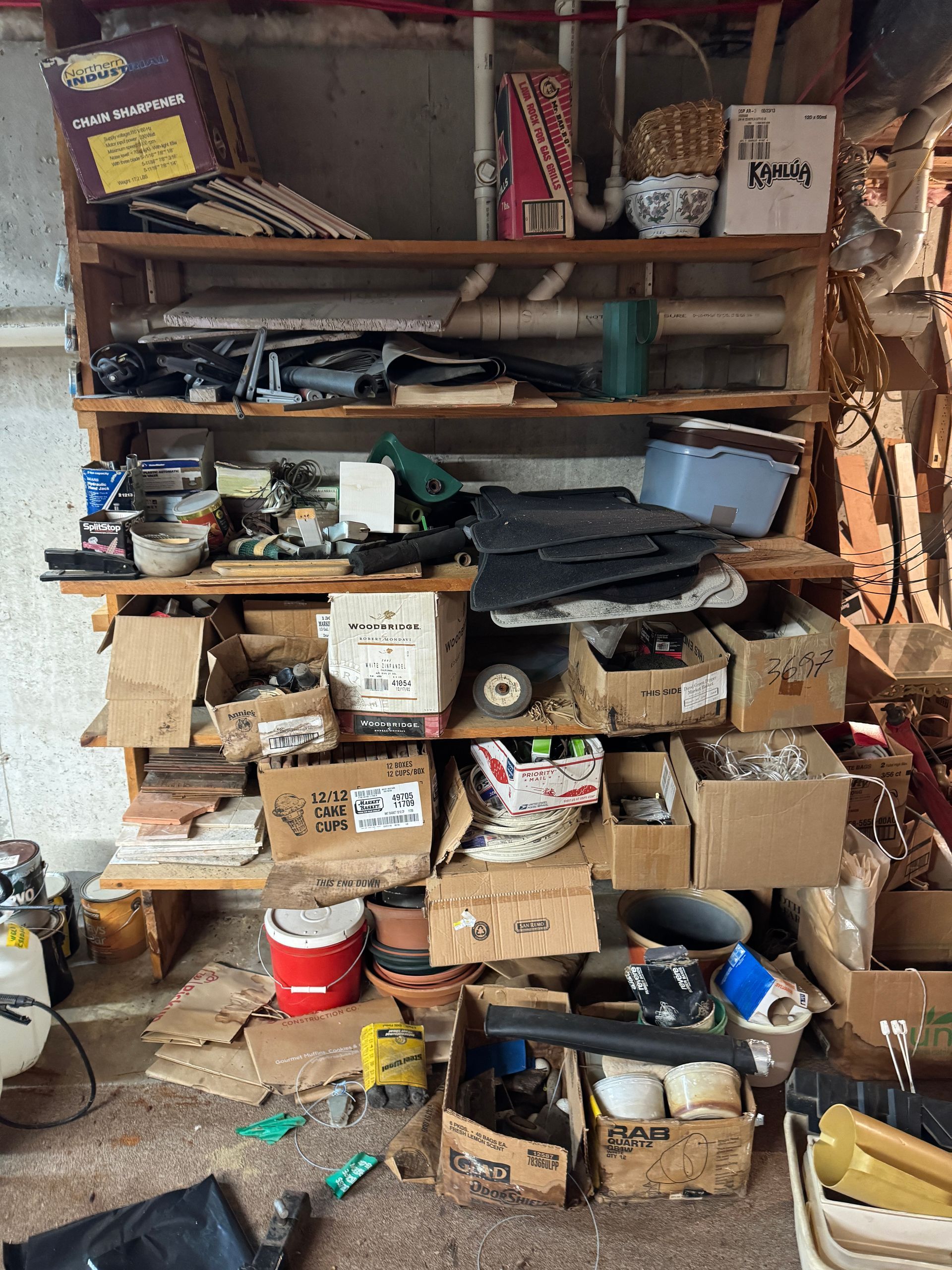Letting Go: The Emotional Attachment to Clutter and the Freedom of Decluttering
September 3, 2025
Learning to Embrace Letting Go
Humans often form deep emotional attachments to objects, even when they no longer serve a practical purpose. This attachment is rooted in nostalgia, a sense of identity, or even fear of loss. Psychological studies show that clutter can be an extension of self, where objects serve as memory holders, making it difficult to part with them. Caroline J. Rogers and Rona Hart (2021) found that people who perceive their home as a reflection of themselves struggle more with letting go of possessions. Their research highlights that clutter and self-identity are linked, making the act of decluttering an emotionally complex process.
However, holding onto unnecessary items can negatively impact mental well-being. Clutter has been shown to increase stress by creating visual chaos and cognitive overload. A study published by NeuroLaunch explains that clutter can lead to the release of cortisol, the stress hormone, causing anxiety and decision fatigue. The study also suggests that having too many unmade decisions—such as whether to keep or discard an item—can lead to a state of decision paralysis, making it even harder to take action. We tend to refer to this as “analysis paralysis.”
The benefits of decluttering extend beyond just a tidy home—it fosters emotional relief and mental clarity. Rogers and Hart emphasize that a well-managed space allows the mind to focus on more important aspects of life, such as personal growth and relationships. They note that decluttering can elicit “hedonic feelings of joy, release, and happiness” as it creates a sense of order and accomplishment. Similarly, home organization expert Marie Kondo famously advises, “The best way to find out what we really need is to get rid of what we don’t,” reinforcing the idea that true value lies in what brings us joy, not in the quantity of possessions.
Letting go of items that no longer serve a purpose can be empowering. It enables individuals to break free from the psychological burden of clutter and reclaim their space for comfort and productivity. By gradually detaching from material possessions and focusing on intentional living, people can create a more peaceful and fulfilling environment. Research supports the idea that maintaining a clutter-free home improves emotional well-being, self-confidence, and even relationships. The act of decluttering is not just about removing objects—it’s about making space for a clearer mind and keeping focused on the future.
References:
- Rogers, C. J., & Hart, R. (2021). Home and the Extended-Self: Exploring Associations between Clutter and Wellbeing. Journal of Environmental Psychology, - 73, 101553.
- NeuroLaunch Study on Clutter and Decision Fatigue.
- Marie Kondo, The Life-Changing Magic of Tidying Up.


